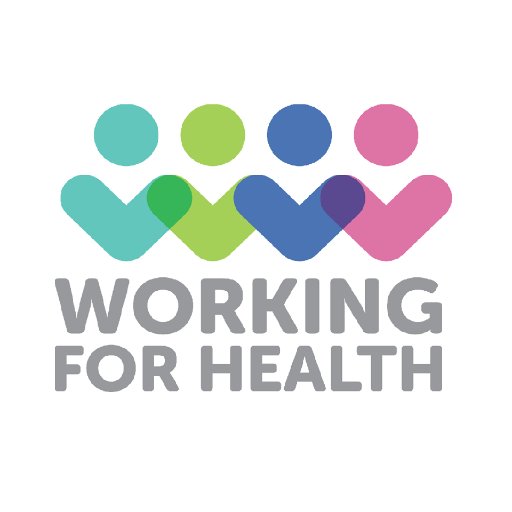We are an advocacy organisation that supports disabled people and people with long-term health conditions based in Hebden Bridge, West Yorkshire and our main work is supporting people with benefits and housing issues and we are experiencing a number of distressed phone calls and meetings from our service-users related to the changes in Personal Independence Payment.
As many people are aware the Government have announced changes to the way that PIP will be assessed in the future and this is becoming an extremely worrying time for vulnerable people that rely heavily on these payments to manage their health conditions.
Although, the changes to PIP are due in November 2026, we are already receiving feedback from our service-users and last month we arranged a focus-group session for people who use our service to inform us about their concerns about these changes to PIP.
Why Are These Changes Happening
These changes were proposed by the last Conservative government in a green paper but nothing came from this and now Labour have put this green paper through Parliament.
There are 2.6 million people of working age claiming PIP and DLA and there are 33,000, new awards every month. This is expected to cost the taxpayer £28 billion by 2028/29 and there has been a 110% in increase in spending on this benefit since 2019.
Issues Raised By Focus Group Members
- Will I be able to keep my existing PIP award after the changes to this benefit in November 2026?
- Another issue was about the type of assessment for PIP;’ will this be by phone or face-to-face, as was the case before the start of COVID’?
- Is it correct that some people will be assessed only on medical evidence and will not have a formal face-to-face assessment (light-touch approach)?
- Another question was related to PIP assessments and ‘will these now be more frequent and at least every 12 months’?
- Some people were worried that they would not be awarded a 4 point score for a PIP descriptor under the new system as many people had 2 point scores from descriptors only for accessible equipment?
- Another question was related to people with health conditions such as Advanced Multiple Sclerosis, Motor Neurone Disease, People with Late Stage Cancer and Severe Physical Disabilities. Would people in this group be assessed with a light- touch approach?
- Will people with Arthritis, Back Pain, Anxiety, Depression, Epilepsy and Cardiovascular Diseases will be less likely to receive PIP under the new proposals?
- A question was related to the process of appealing a PIP decision and if the changes go ahead then HMCTS, will have a massive appeal backlog to consider and the present waiting time for appeals is 10/12 months and this could be doubled to up to 18/24 months and this increase would put huge pressure on the appeal and tribunal system?
This announcement is causing so much increased anxiety, stress and worry due to the assessment elements that are still unclear and our service-users are fearful of what will happen to them and their PIP award in November 2026.
There is a considerable opposition to the proposed changes in PIP and it is uncertain that these changes will be implemented in full or revised next year.



